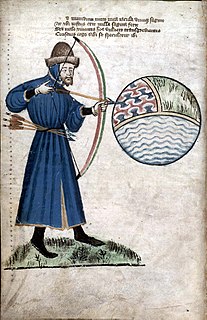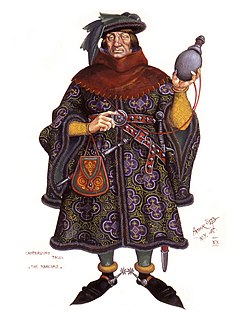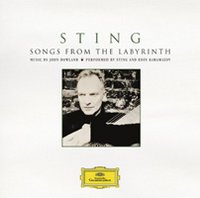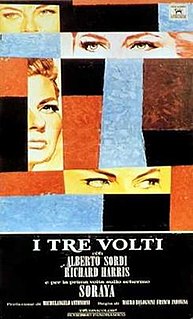This page is based on this
Wikipedia article Text is available under the
CC BY-SA 4.0 license; additional terms may apply.
Images, videos and audio are available under their respective licenses.
John Dowland was an English Renaissance composer, lutenist, and singer. He is best known today for his melancholy songs such as "Come, heavy sleep", "Come again", "Flow my tears", "I saw my Lady weepe" and "In darkness let me dwell", but his instrumental music has undergone a major revival, and with the 20th century's early music revival, has been a continuing source of repertoire for lutenists and classical guitarists.

John Gower was an English poet, a contemporary of William Langland and the Pearl Poet, and a personal friend of Geoffrey Chaucer. He is remembered primarily for three major works, the Mirour de l'Omme, Vox Clamantis, and Confessio Amantis, three long poems written in French, Latin, and English respectively, which are united by common moral and political themes.

The Manciple's Tale is part of Geoffrey Chaucer's The Canterbury Tales. It appears in its own manuscript fragment, Group H, but the prologue to the Parson's Tale makes it clear it was intended as the penultimate story in the collection. The Manciple, a purchasing agent for a law court, tells a fable about Phoebus Apollo and his pet crow, which is both an etiological myth explaining the crow's black feathers, and a moralistic injunction against Gossip.

The Kia Opirus was an executive car/full-size car manufactured and marketed by Kia Motors that was launched in April 2003 and was marketed globally under various nameplates, prominently as the Amanti. It was considered to be Kia's flagship vehicle.

Songs from the Labyrinth is the eighth studio album by British singer-songwriter Sting. On this album, he collaborates with Bosnian lutenist Edin Karamazov. The album features music by composer John Dowland. It entered the UK Official Albums Chart at #24 and reached #25 on the Billboard 200, strong charting peaks for a classical record on the pop album charts. The release was a slow seller for a Sting album, his first since 1986's Bring on the Night to fail to break the UK top 10.
"Flow, my tears" is a lute song by the accomplished lutenist and composer John Dowland (1563–1626). Originally composed as an instrumental under the name "Lachrimae pavane" in 1596, it is Dowland's most famous ayre, and became his signature song, literally as well as metaphorically: he would occasionally sign his name "Jo. Dolandi de Lachrimae".
The year 1604 in music involved some significant events.

The Journey and the Labyrinth is a live music album performed by Sting and Edin Karamazov. It was released in 2007 on Deutsche Grammophon.

Lucio Franco Amanti is an Italian cellist and composer. Amanti´s music is characterized by the integration of jazz and pop idiom into classical music forms.

Lover of the Monster is a 1974 gothic horror film directed by Sergio Garrone and starring Klaus Kinski.

The Paris Concert is a 1978 live album by Oscar Peterson accompanied by bassist Niels-Henning Ørsted Pedersen and guitarist Joe Pass.

The Three Faces is a 1965 Italian comedy film consisting of segments directed by Michelangelo Antonioni, Mauro Bolognini, and Franco Indovina.
"Will Yow Walke the Woods soe Wylde" is the title of a song from the Tudor era, popularly believed to have been a favourite of Henry VIII. The complete text of the song has not survived, but contained the short refrain:

The Corridor is a chamber opera composed by Harrison Birtwistle to an English language libretto by David Harsent. It premiered at the Aldeburgh Festival on 12 June 2009. The title refers to the corridor through which Orpheus and Eurydice passed as he was leading her from the underworld.

Can She Excuse My Wrongs is a late 16th-century song by the English Renaissance composer John Dowland, the fifth song in his First Booke of Songes or Ayres. The words are set to a dance-tune, a galliard.

How to Lose a Wife and Find a Lover is a 1978 Italian comedy film directed by Pasquale Festa Campanile.
Senso '45 is an Italian erotic drama film written and directed by Tinto Brass, inspired on the novel Senso by Camillo Boito and the Luchino Visconti's 1954 film.













